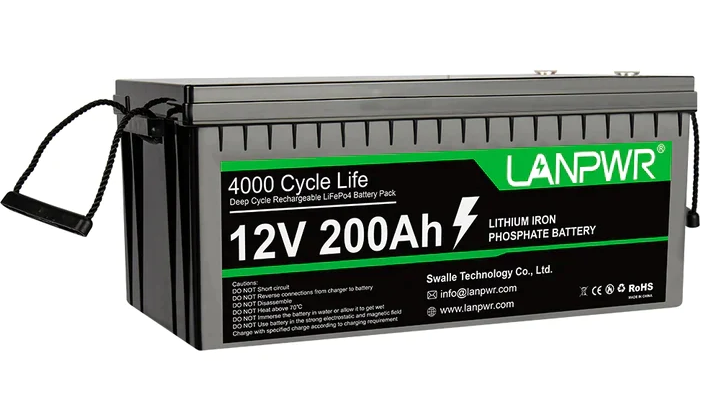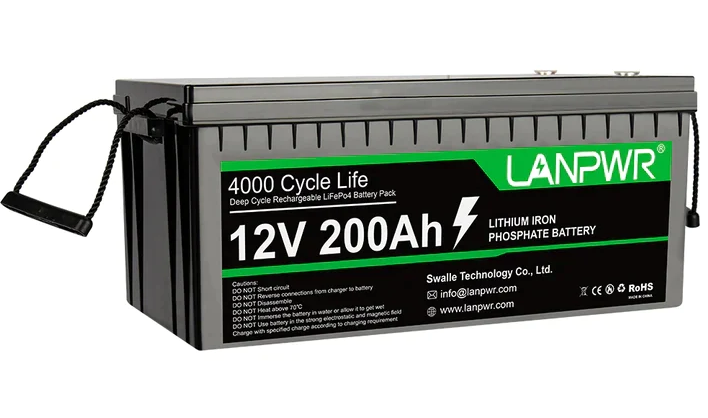Battery packs have become an integral part of our lives, providing portable power for a wide range of electronic devices. From smartphones to laptops, they keep us connected and productive, especially when we're on the move. However, when the batteries inside these packs reach the end of their life cycle, responsible disposal is essential to prevent environmental harm. In this article, we will explore the process of how battery packs dispose of used batteries and the importance of recycling these power sources.
Battery Types in Battery Packs:

Before delving into disposal methods, it's crucial to understand the types of batteries commonly used in battery packs. The two primary battery chemistries found in these packs are lithium-ion (Li-ion) and lithium-polymer (LiPo) batteries.
Lithium-Ion (Li-ion) Batteries: These batteries are known for their high energy density, making them ideal for portable devices. However, they contain materials that can be harmful to the environment if not disposed of properly.
Lithium-Polymer (LiPo) Batteries: LiPo batteries are valued for their flexibility in shape and size, allowing for sleek and slim battery pack designs. Like Li-ion batteries, they also contain materials that require careful disposal.
The Importance of Proper Disposal:
Used batteries can pose a significant environmental hazard if not disposed of correctly. Batteries contain chemicals and metals that, if released into the environment, can contaminate soil and water sources, posing risks to both human health and ecosystems. Proper disposal and recycling of batteries are essential to prevent these negative consequences.
Battery Pack Recycling Process:
The recycling process for used batteries in battery packs typically involves the following steps:
Collection: The first step is the collection of used battery packs. This can occur through designated collection points, electronic waste (e-waste) recycling programs, or return programs initiated by battery pack manufacturers. Consumers are encouraged to recycle their old battery packs through these channels.
Sorting: Once collected, the battery packs are sorted based on battery type, chemistry, and size. This step is crucial because different battery chemistries require distinct recycling processes.

Disassembly: The sorted battery packs are disassembled to access the individual cells. This process is usually automated and may involve shredding the outer casing to recover the cells.
Cell Extraction: The individual cells are carefully extracted from the disassembled battery packs. During this step, it's essential to handle the cells with care, as they may still contain a charge.
Battery Cell Testing: Extracted cells are then tested to determine their overall condition and remaining capacity. This helps in identifying cells that can be refurbished and reused.
Chemical Processing: For cells that cannot be reused, chemical processing is employed to neutralize and treat any hazardous materials. The chemicals and metals contained within the batteries are separated and can be repurposed.
Material Recovery: Once the hazardous components are removed, valuable materials such as lithium, cobalt, and nickel can be recovered for future use in battery production or other applications.
Responsible Disposal: The remaining materials, often including plastic casings, are disposed of in an environmentally responsible manner. Any waste generated in the recycling process is also handled according to relevant regulations.
Benefits of Battery Pack Recycling:
Recycling used batteries from battery packs offers several benefits:
Resource Conservation: Recycling recovers valuable materials, reducing the need for new resource extraction.
Environmental Protection: Proper disposal and recycling prevent the release of hazardous materials into the environment.
Energy Efficiency: Recycling consumes less energy compared to the production of new batteries from raw materials.
Economic Opportunities: Battery recycling contributes to job creation and the development of a sustainable, circular economy.

Conclusion:
Battery packs play a vital role in keeping our devices powered on the go, but their batteries eventually reach the end of their life cycle. Responsible disposal and recycling are essential to protect the environment and conserve valuable resources. Consumers are encouraged to participate in battery recycling programs and properly dispose of their used battery packs to ensure a more sustainable and eco-friendly future.
https://lifepo4store.com/blogs/news/how-does-battery-pack-dispose-of-used-batteries





